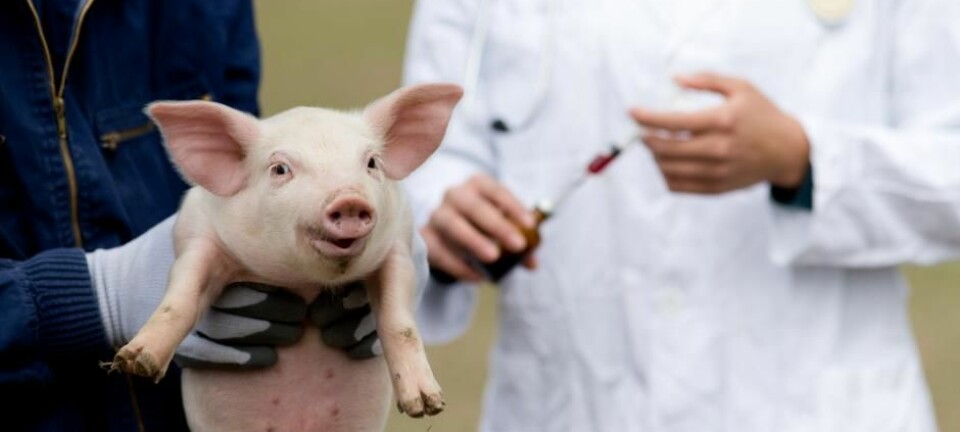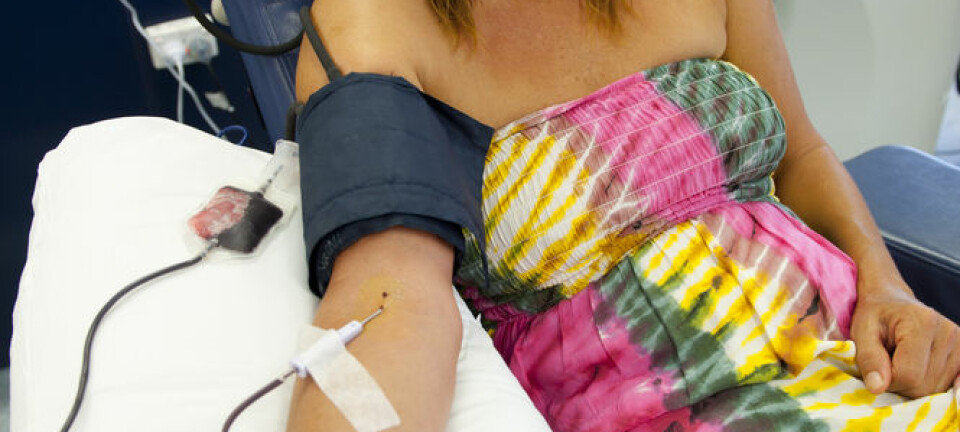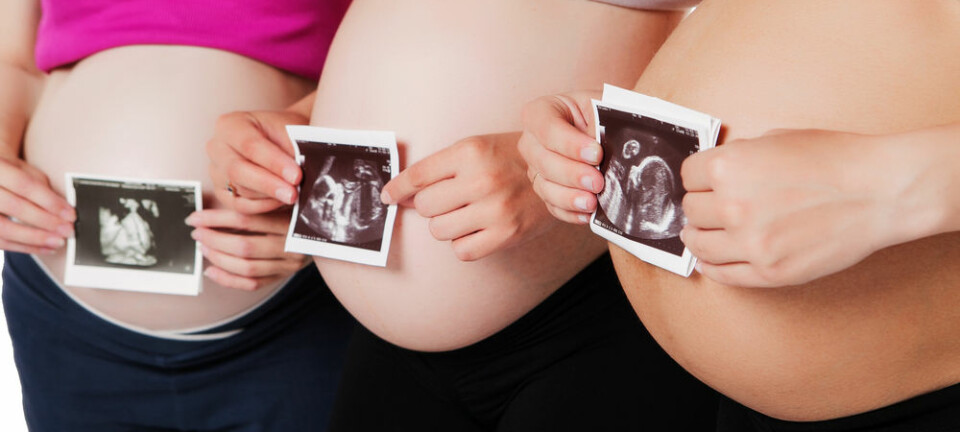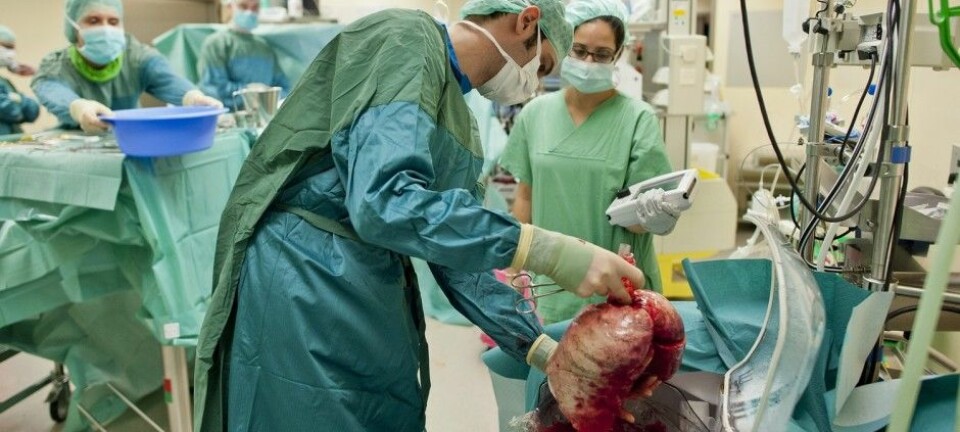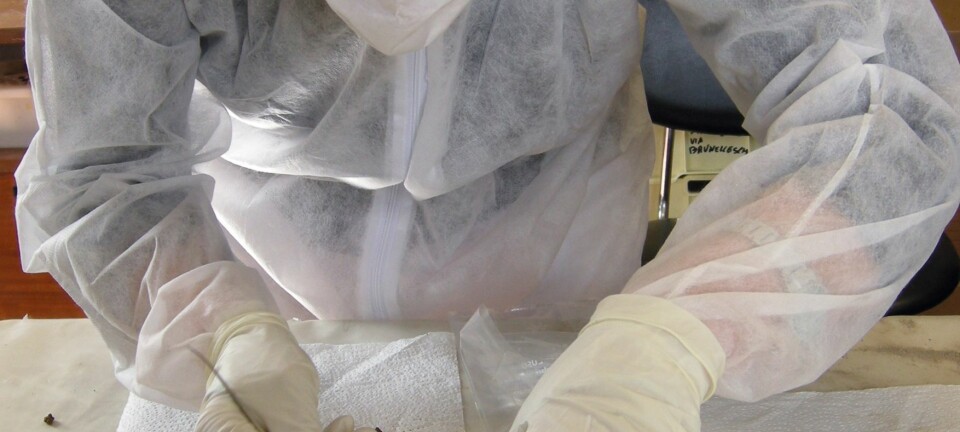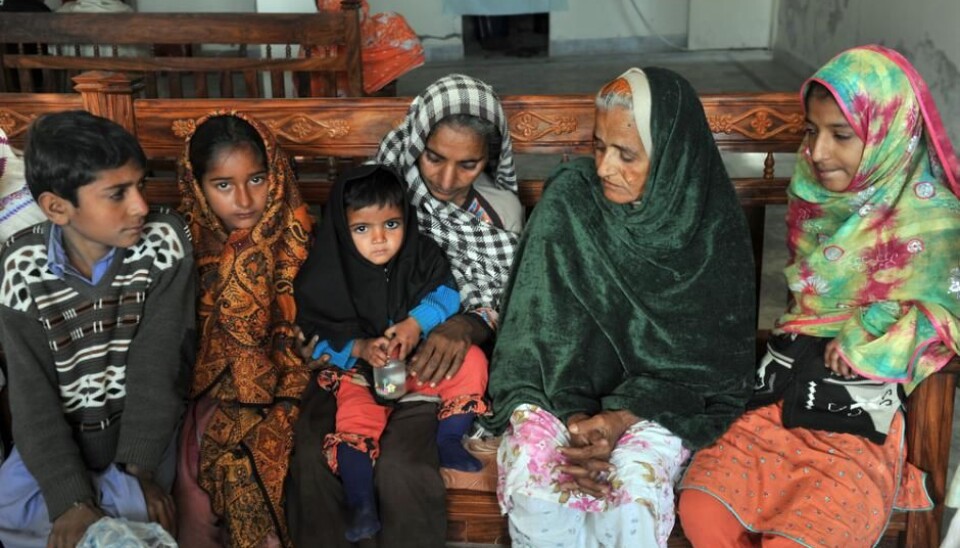
Patients in Pakistan donate DNA to European research but are unaware of the goals
Donors think their samples are used to treat their sick children.
Genetic material form people in some of the poorest regions of Pakistan are in high demand among scientists around the world. In Denmark, geneticists have used such samples from rural Pakistan to understand how genetic defects occur.
Genetic defects and disease are more common in areas of Pakistan with a long-standing tradition of marriage between cousins.
But new research shows that the people who donate DNA to research rarely understand what the samples are used for or where they are sent for analysis.
“Some donors think that their samples are used to create treatments for their sick children. Some even have the mistaken view that their children will be sent to another country to be cured,” says Nana Cecilie Halmsted Kongsholm, a postdoc at the Department of Media, Cognition and Communication and Centre for Information and Innovation Law at the University of Copenhagen, Denmark.
Read More: CRISPR breakthrough ignites hope of using pigs as organ donors
People want to help their sick children
As part of her PhD project, Kongsholm interviewed geneticists, and donors in Pakistan whose samples were then sent to Denmark for research.
Before being granted permission to study the samples, local scientists informed the donors about the projects in which their samples would be used and what they might expect to get out of participating in these projects, she says.
But her interviews revealed that the donors rarely understood the information they were given.
“Many of them are illiterate. They have little or no education and they don’t know what research is all about. Even when the scientists have informed them as to what they can expect to get out of participating in the project, they misunderstand,” says Kongsholm.
“They are very poor and many of them have disabled children who they sincerely wish to help have a better life,” she says.
Read More: Frequent blood donors live longer
Donors have blind confidence in scientists
Donors have an almost blind confidence in scientists and doctors, who they perceive as authorities that are closer to God than they are, says Kongsholm.
In her dissertation, Kongsholm concludes that this confidence is crucial for their decision to participate in the studies, rather than the information they receive.
This is not necessarily a bad thing, says Kongsholm.
“Of course you can make a reasonable decision based on trust, without having understood all the details of the research,” she says.
“But the donors’ confidence in scientists may be a bit too high. They see scientists as heroes and think that they can do something specific for them. For this reason many are disappointed when they find out that they and their family will not get anything out of contributing to the research,” says Kongsholm.
Read More: 3-D printed organs may solve organ donation shortages
Project is approved in Pakistan
Professor Niels Tommerup, a geneticist from the Department of Molecular Medicine at the University of Copenhagen is one of the scientists who use the donated samples from rural Pakistan.
He accepts Kongsholm’s conclusions but does not see an ethical problem in using the samples.
“The project has been approved by the Scientific Ethics Committee in Pakistan and the participants are informed of what it means to participate. It can of course be problematic if they directly misunderstand the information they have received, but I don’t think that the problem is unique to Pakistan,” says Tommerup.
Previous research shows that in Denmark, with high rates of literacy, few people understand all of the information they receive before agreeing to take part in medical trials.
Many say yes to taking part simply because they trust the doctor or the scientists behind the research.
“Both in Denmark and in Pakistan, trial participants typically know that they should not expect to benefit directly from the research. But many still hope that their participation will lead to a new treatment,” says Tommerup.
“It’s a form of altruism, but also a belief that without research nothing will ever change. The latter is one reason why patient organisations typically are among the strongest supporters of research,” he says.
Read More: Genome editing: Are we opening a back door to eugenics?
Does informed consent make sense?
But does the principle of informed consent make any sense if people do not care or do not understand the information they receive?
Yes, says Johannes Gaub, chairman of the Danish National Science Ethics Committee.
“Informed consent is a principle that has served us well since it first emerged after the Nuremberg trials after the Second World War. I have no answer as to whether informed consent makes sense for illiterate people in Pakistan, other than we live in an imperfect world,” says Gaub.
“In an ideal world we would all understand the spoken information we receive, and we could all read the patient information and carefully consider what is involved in participating in a trial. But we don’t live in an ideal world,” he says.
---------------------
Read more in the Danish version of this story on Videnskab.dk
Translated by: Catherine Jex
